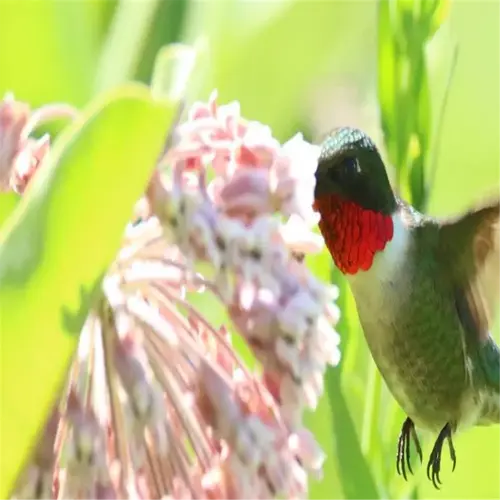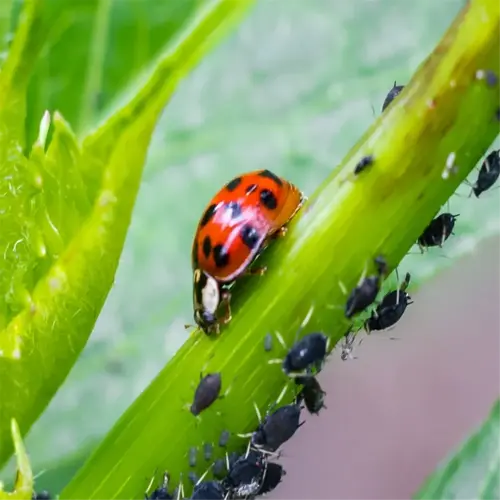What makes neem oil suitable for organic gardening?

Written by
Paul Reynolds
Reviewed by
Prof. Charles Hartman, Ph.D.In organic gardening, neem oil is unique due to its combination of effectiveness and environmental safety. USDA-certified cold-pressed neem will degrade within 45-100 hours after application and there are no toxic residues left. I have observed earthworms thriving in garden beds treated weekly with a 2% neem solution, demonstrating it is safe for soil organisms and the earth.
Certification Compliance
- USDA Organic Standard 205.601 approves cold-pressed neem
- Zero synthetic additives in pure formulations
- Biodegradation completes within 4 days maximum
Ecosystem Protection
- Spares earthworms and predatory beetles at ≤2% concentration
- Preserves mycorrhizal fungi networks
- Safe for composting systems when diluted properly
The key is azadirachtin, neem's active ingredient, which disrupts pest hormones without secondary effects. Neem is not a broad-spectrum toxin (like many pesticides) and can when done properly, avoid the beneficial insect population. In my kale patch, I observed ladybugs consuming aphids, while neem was handling the hidden larvae and not damaging the ecological balance, which was beautiful!
Important: the amount of concentration is very important as anything over 2% could potentially harm the springtails that help aerate the soil. It is important to be accurate with your management: 10ml per 500ml of water (0.34oz per 17oz) fo rfoliar sprays. A client got a little overzealous and dosed a 5% solution and temporarily harmed her compost ecosystem-it is a lesson to be mindful of dosage.
Read the full article: 10 Versatile Neem Oil Uses for Home & Health

